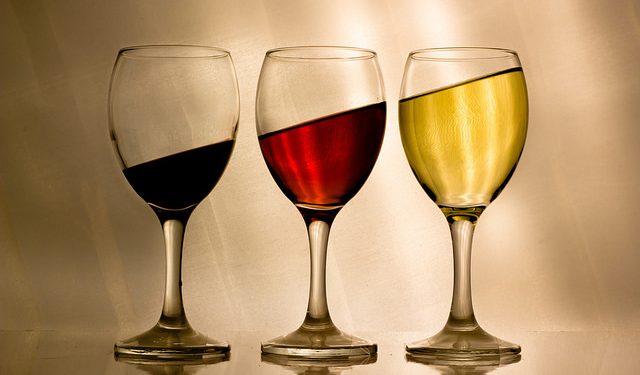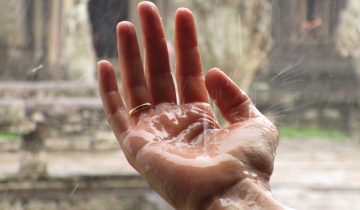Kerala in Low Spirits: Liquor Ban

Introduction
The state of Kerala has the highest alcohol consumption per capita in India, at more than 8 litres per person annually (against the national average of 5.7 litres per person). The state decided to ban the sale and consumption of liquor in bars, an order which has recently been upheld by the Supreme Court of India, rejecting the petitions by Kerala Bar Hotels Association to lift the ban. 700 bars are to be shut down gradually in the state, with only a handful of five-star hotels receiving the license to sell alcohol.
About the Order
Under this order, government-run liquor shops are to be phased out at a rate of 10% per annum over the next decade. The three and four-star bars in the state are to be converted into wine and beer parlours. These bars are allowed to serve wine and beer as they are weaker alcoholic drinks.
Toddy, which is made from fermented palm-tree sap and is a part of Kerala’s culture, is exempt from the ban. Through the ban, the state hopes to reduce alcohol-related diseases and alcohol abuse which have led to drunk driving and are quickly filling up rehabilitation centres and hospitals.
What the Bar Owners had to Say
As five-star hotels are exempt from the ban, bar owners have called the order discriminatory. Attorney General Mukul Rohtagi, who represented them in court stated that the order meant that “only the well-heeled have access to alcohol.” They also argued that the ban would adversely affect the state’s tourism and render many liquor vendors jobless.
However, the state claimed that the health of its people was its top priority and there was a need to curtail the consumption of alcohol. The apex court said the state government would consider taking measures for rehabilitation of those who will lose employment due to the policy.
Statements by the Courts
Last year, the high court had stated that it cannot interfere with executive decisions aimed at public welfare. “Tourism cannot be the only motive of any policy. Welfare and health of people is equally important.”
The Supreme Court upheld the state’s decision to ban liquor. The bench, headed by Justice Vikramjit Sen, said: “Vulnerable persons, either because of age or proclivity towards intoxication or as a feature of peer pressure, more often than not, succumb to this temptation. Banning public consumption of alcohol, therefore, in our considered opinion, cannot but be seen as a positive step towards bringing down the consumption of alcohol, or as preparatory to prohibition.”
Conclusion
The order had been a long time coming and liquor shops all over the states have already started diminishing. A survey conducted by the All-India Brewers’ Association (AIBA) earlier this year showed that the people of Kerala have been consuming a significantly larger quantity of beer ever since bars have started being closed down in the State. The AIBA director general Shobhan Roy mentioned that other states should replicate the Kerala model, opening more beer and wine outlets to reduce the consumption of hard liquor.
Kerala earns about 3.8 billion dollars a year from tourism, which is likely to be hit by the liquor ban. The state government has increased excise duty on beer to five per cent and that on liquor to eight per cent to offset revenue losses.
[Image Attribute: Kimery Davis]




